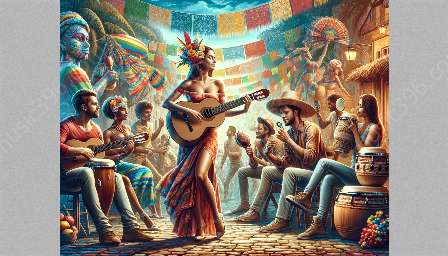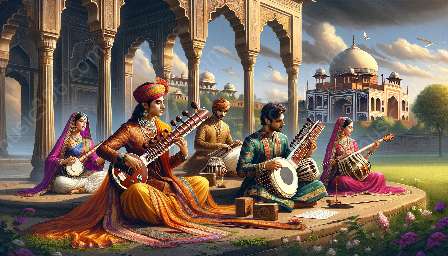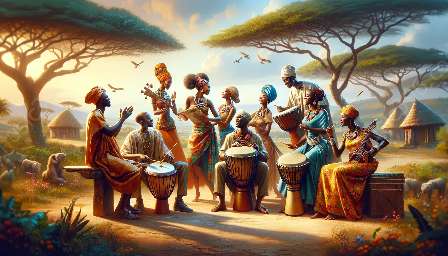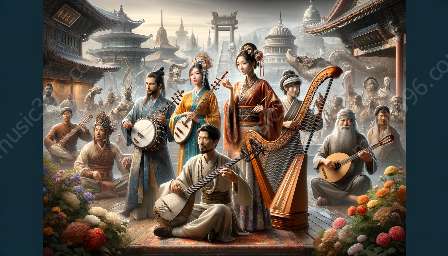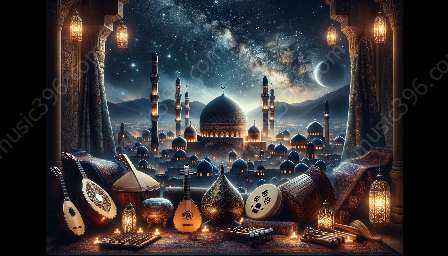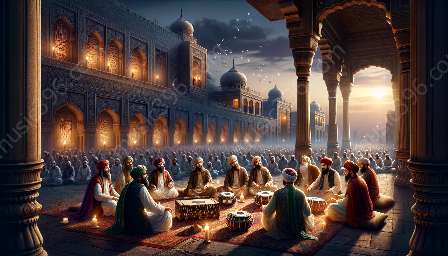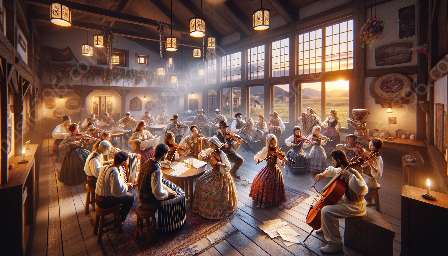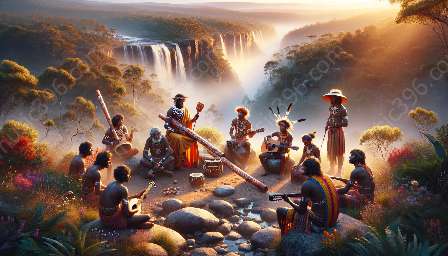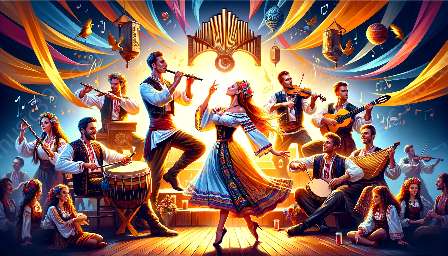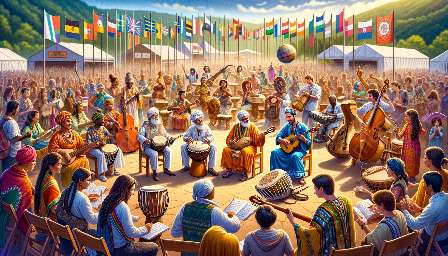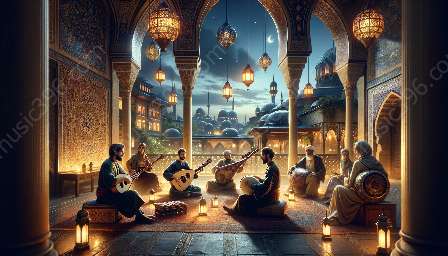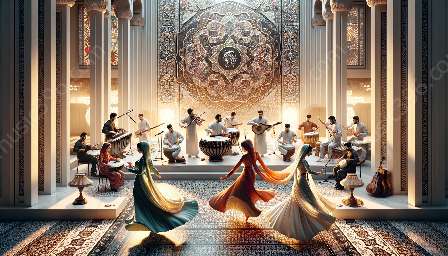Music in African rituals and ceremonies holds a significant role in the spiritual and cultural life of the continent. Across the diverse regions of Africa, the traditional music forms an integral part of various rites of passage, celebratory events, and spiritual gatherings. This article will delve into the captivating world of African music, exploring its multifaceted role in rituals and ceremonies, from the vibrant beats of traditional drums to the melodic chants and dances that unite communities.
The Significance of Music in African Rituals
Music in African rituals is deeply intertwined with the spiritual beliefs, customs, and traditions of the indigenous peoples. It serves as a means of communication with the divine, an expression of cultural identity, and a tool for fostering community cohesion. Whether it's a birth celebration, initiation ceremony, funeral rite, or harvest festival, music accompanies and enriches the experiences, marking the rhythms of life's milestones.
Diversity of Musical Instruments
African music boasts an array of distinct musical instruments, each with its unique sound and symbolic significance. From the resonating tones of the djembe and talking drums to the mesmerizing melodies of the mbira and kora, these instruments are not mere tools for creating music but embodiments of ancestral wisdom and communal heritage. The craftsmanship and materials used in making these instruments reflect a deep connection to the natural world and spiritual realms.
Rhythms and Symbolism
The rhythmic patterns and musical motifs in African rituals carry profound symbolism, often mirroring the natural cycles, ancestral spirits, and cosmological principles. The pulsating beats and intricate polyrhythms synchronize with the ceremonial movements, invoking a profound sense of unity and collective energy. Through music, the participants become vessels for spiritual energies, transcending the boundaries between the physical and metaphysical realms.
African Music in Traditional Ceremonies
Traditional African ceremonies are a vibrant tapestry of music, dance, and symbolic rituals, reflecting the rich cultural heritage of the continent. One of the most iconic ceremonies where music plays a central role is the traditional wedding celebration. In various African cultures, weddings are marked by joyous festivities accompanied by spirited drumming, lively songs, and exuberant dances, symbolizing the union of families and the continuity of ancestral lineages.
Initiation Rites and Music
Initiation rites, known as coming-of-age ceremonies, are pivotal in many African communities, signifying the transition from childhood to adulthood. Music and dance are integral components of these rites, serving to convey the cultural knowledge, values, and spiritual teachings to the initiates. The rhythmic cadences and melodic refrains guide the initiates through the ritual stages, imparting wisdom and fortitude as they undergo the trials of initiation.
Spiritual Healing and Music
Healing rituals in African traditions often incorporate music as a potent tool for restoring balance and harmony within individuals and communities. Whether it's the soothing sounds of traditional instruments or the vocal incantations of medicine men and women, the music acts as a conduit for spiritual intervention, invoking the healing energies of the ancestors and the natural world.
World Music Fusion and African Traditions
As the world becomes increasingly interconnected, African music has transcended geographical boundaries and merged with diverse musical genres, giving rise to the vibrant genre of world music. The fusion of traditional African rhythms with contemporary sounds has led to a global appreciation of the rich musical heritage of the continent, fostering cross-cultural dialogues and artistic collaborations.
Contemporary Expressions of African Music
Artists around the world are drawing inspiration from African musical traditions, creating innovative fusions that bridge the old and the new. From Afrobeat and Highlife to Afro-fusion and Afrobeats, African music has influenced a myriad of genres, infusing them with the infectious rhythms and soul-stirring melodies that are emblematic of the continent's musical legacy.
Preserving Cultural Identity
Through world music collaborations, African musicians are preserving and promoting their cultural identity on the global stage. By blending traditional instruments and vocal styles with modern electronic elements and international influences, they are reimagining the narratives of their ancestral traditions and asserting their place in the contemporary music scene.
Conclusion
Music in African rituals and ceremonies is a testament to the enduring vitality of the continent's cultural expressions. It embodies a living heritage, carrying the stories, wisdom, and spiritual essence of diverse African communities. As African music continues to evolve and interact with the world music landscape, it transcends borders, echoing the resilience and creativity of the people who have shaped its rhythms for generations.

